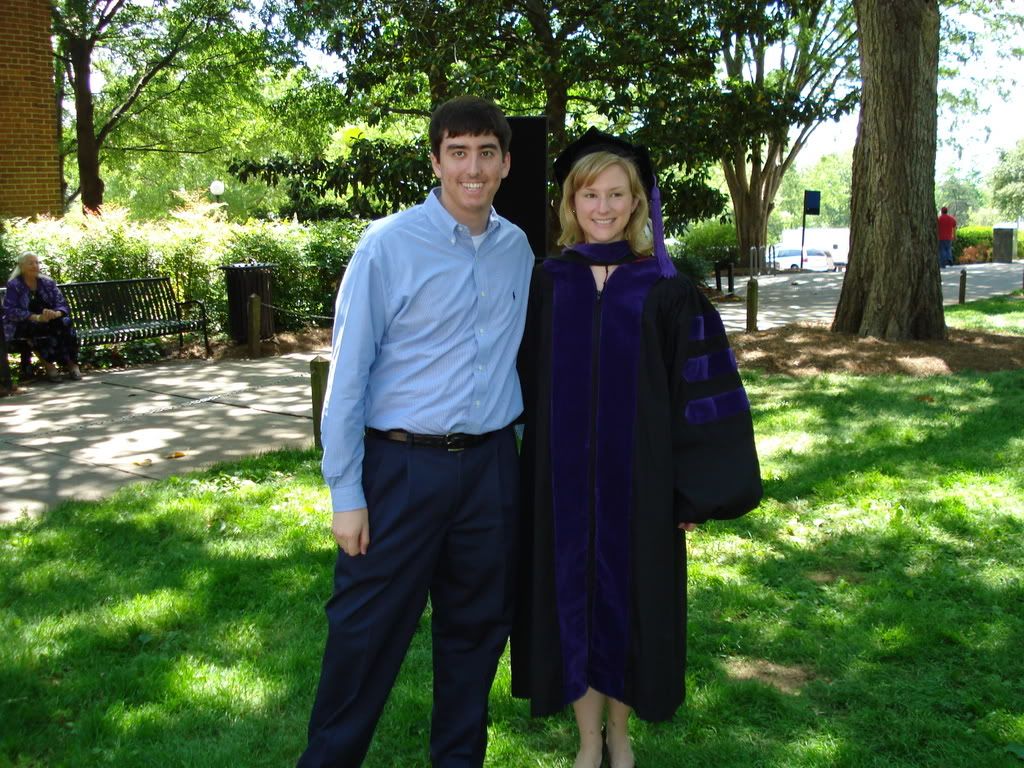The French Revolution was a crucial event in the development of modern Europe. Not only did the French revolution along with the American revolution signal the beginning of the end of the age of Imperialism, but it also signaled a change in terms of political order for Europe. This was the end of the age of monarchy and the beginning of the age of democratic rule. Social change as well was paramount at this time as can be seen in the writings of Wollstonecraft, Burke, Williams, and Paine. Instead of analyzing all three I will simply pick the one that held the greatest significance for me, that being the criticism of Burke by Mary Wollstonecraft.
Mary Wollstonecraft's criticisms held significance for me not solely by the arguments she made but also by the parallels I drew between her and Charles Dickens based upon several statements she made concerning the nature of man. One of these such statements was, "man has been changed into an artificial monster by the station in which he was born" (Wollstonecraft 58). This ties in with Dickens's writings, perhaps most notably in A Tale of Two Cities or Oliver Twist, in which major characters face hardships not because of personal or familial inefficiencies but because of society's treatment of the characters. Wollstonecraft argues for social equality and general egalitarianism, as well as for an end to the slave trade. The poor, a favorite topic she shares with Dickens, are in special need of benevolent treatment. Wollstonecraft states that "It is not by squandering alms that the poor can be relieved, or improved - it is the fostering sun of kindness, the wisdom that finds them employments calculated to give them habits of virtue, the meliorates their condition" (Wollstonecraft 63). As such, Wollstonecraft describes the uplifting of the poor as not a goal to be accomplished by simple charity. Instead, it is a process by which the poor are educated and transformed that sees the true salvation of the impoverished. All of her arguments provide ample fuel for the fire she lights underneath Burke who, though obviously an intellectual, Wollstonecraft portrays as illogically ruthless. Simply put, Burke is in favor of keeping things as they are perhaps because of an inherent social cynicism he possesses in which the poor are best left in their place and society is best left in the state that it already is. Wollstonecraft, in my opinion, follows a more socially optimistic perception in which things are in poor shape yet capable of improving.
I apologize if there is anything I left out in this post. I hope to return later and flesh out my description of Burke, adding quotations for him and other things. Currently it is 12:33 PM, I have just finished writing this and in 15 minutes I will be leaving for Hartsfield International Airport from which I will fly to Las Vegas for my family vacation.
Subscribe to:
Post Comments (Atom)

1 comment:
Jay,
Good comments on Wollstonecraft, and interesting comparisons to Dickens's own (much later) comments on the French Revolution in A Tale of Two Cities.
I think your experience with dailies in FYS has been good training for these blog postings! Good focus and good use of specific quoted passages to illustrate and support your analysis.
Post a Comment